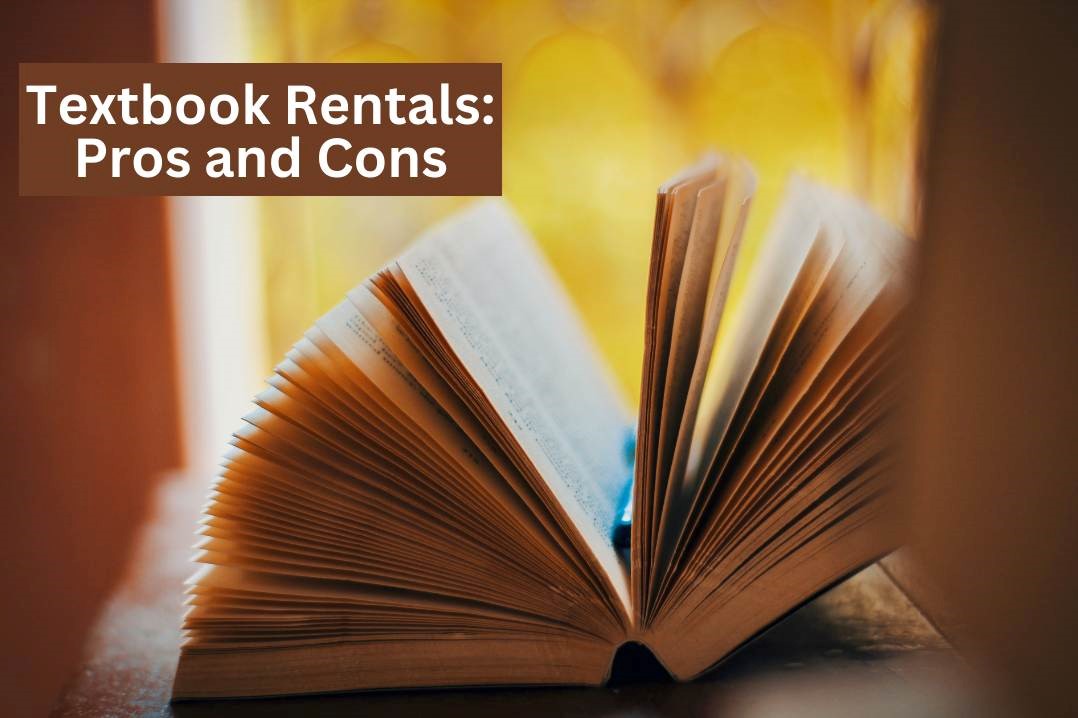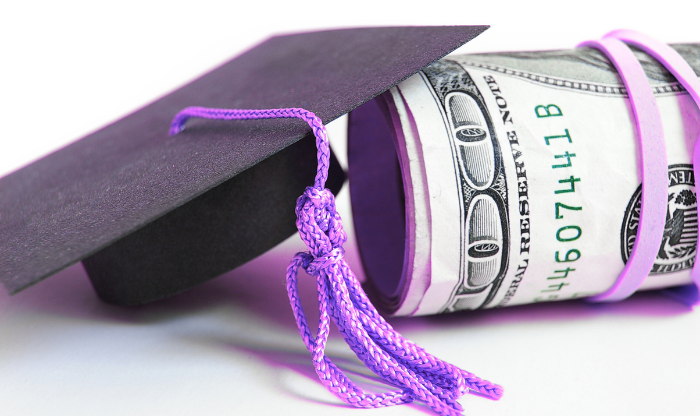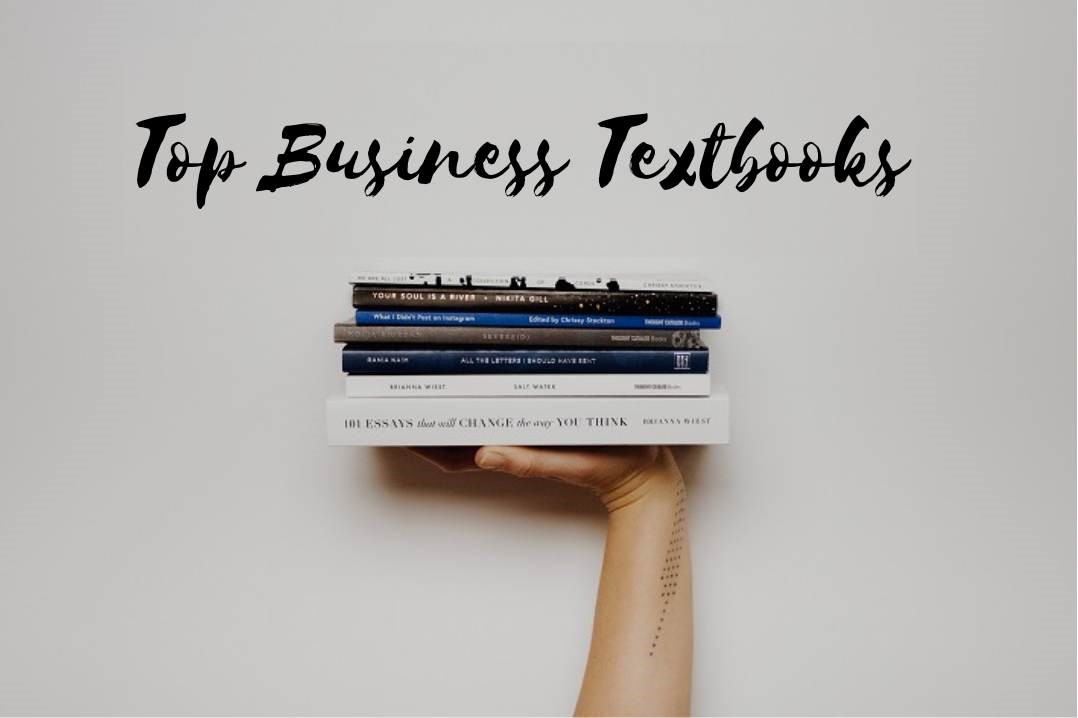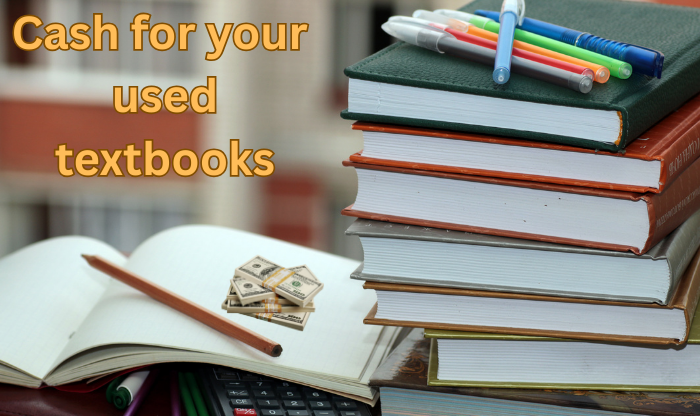Critical thinking has emerged as a crucial talent for success in today's environment of fast change. Critical thinking skills are essential for tackling complicated issues, coming to wise conclusions, and analyzing data.
The goal of critical thinking is not just to be able to reason and give logical arguments, but to make the best possible decisions and choices in life. Critical thinking can help us to:
- Improve the quality of our decisions and judgments. By critically evaluating information and arguments, we can avoid making decisions based on emotions, biases, or misinformation.
- Become more independent thinkers. Critical thinking encourages us to question the assumptions and beliefs that we hold and to develop our own opinions based on evidence and reason.
- Solve problems more effectively. When we are faced with a problem, critical thinking can help us to break it down into smaller parts, identify the root cause, and develop potential solutions.
- Evaluate information critically. In today's information age, it is more important than ever to be able to evaluate the information that we receive critically. Critical thinking can help us to identify biases, misinformation, and logical fallacies.
- Reevaluate our beliefs and strategies. Critical thinking can help us to reflect on our beliefs and strategies, and to make changes when necessary.
Critical thinking is a skill that can be learned and improved with practice. Here are some tips for becoming a better critical thinker:
- Ask questions. Do not simply accept information at face value. Ask questions about the source of the information, the evidence that supports it, and any potential biases.
- Be skeptical. Do not believe everything you hear or read. Be critical of the information you receive and evaluate it carefully before accepting it as true.
- Consider multiple perspectives. Try to see the world from different perspectives and be open to innovative ideas and information.
- Be objective. Try to put your emotions and biases aside when making decisions and judgments.
- Be reflective. Take time to reflect on your thinking process and identify areas where you can improve.
Reading books about critical thinking can be a wonderful way to learn more about this important skill.
A few of the best critical thinking books:
- Thinking, Fast and Slow by Daniel Kahneman
- The Art of Thinking Clearly by Rolf Dobelli
- Thinking Critically by Richard Paul and Linda Elder
- The Uses of Argument by Stephen E. Toulmin
- The Luck Factor by Richard Wiseman.
- Critical Thinking Skills: Effective Analysis, Argument and Reflection by Stella Cottrell.
- Master Critical Thinking for Teens by Joke Johnson
- The Power of Critical Thinking by Lewis Vaughn
Investing some time to learn about and practice critical thinking is one of the best investments you can make. Critical thinking is a skill that will benefit you in all areas of your life, from your personal relationships to your career.
-
Thinking, Fast and Slow by Daniel Kahneman
- Two Systems of Thinking: Kahneman explores the concept of two distinct thinking systems. System 1 is fast, intuitive, and prone to biases, while System 2 is slow, analytical, and more rational. Understanding how these systems work and interact is a central theme.
- Prospect Theory: The book explores Prospect Theory, which revolutionized economics and decision-making. It explains how individuals evaluate potential gains and losses, shedding light on why people often make irrational choices.
- Heuristics and Biases: Kahneman provides numerous examples of cognitive biases and heuristics that impact decision-making, such as anchoring, availability bias, and overconfidence. He explains how these biases affect our daily choices.
-
The Art of Thinking Clearly by Rolf Dobelli
- Logical Fallacies: Dobelli presents a concise overview of common logical fallacies and cognitive biases. Readers gain an understanding of how these mental shortcuts can lead to flawed reasoning.
- Practical Examples: The book offers numerous real-life examples to illustrate each cognitive bias or fallacy, making it easier for readers to recognize these patterns in their own thinking and decision-making.
- Decision-Making Frameworks: Dobelli provides decision-making frameworks that encourage readers to slow down and consider multiple perspectives, thereby making more rational choices.
-
Thinking Critically" by Richard Paul and Linda Elder
- Elemental Foundations of Critical Thinking: The book delves into the foundational elements of critical thinking, breaking it down into components like purpose, question, information, inference, and more. It elucidates how these elements interact to form a cohesive critical thinking process.
- Framework for Improvement: Paul and Elder provide a structured framework for enhancing critical thinking and problem-solving skills. Readers are guided through a systematic approach to thinking more critically and making well-informed decisions.
- Fair-Mindedness and Intellectual Humility: A significant emphasis in this book is placed on the virtues of fair-mindedness and intellectual humility. It encourages readers to approach issues and arguments with an open and unbiased mindset, valuing diverse perspectives and being willing to revise one's own beliefs when presented with compelling evidence.
-
The Uses of Argument" by Stephen E. Toulmin
- The Toulmin Model: Stephen Toulmin's contribution to argumentation theory is highlighted in this book. The Toulmin model provides a structured framework for constructing and evaluating arguments. It includes components such as claims, grounds, warrants, backing, qualifiers, and rebuttals, enabling individuals to analyze arguments more effectively.
- Effective Argument Structure: Toulmin explores the structure of effective arguments, emphasizing the importance of providing solid evidence (grounds) to support claims. This aspect of the book assists readers in honing their ability to construct persuasive and logically sound arguments.
- Practical Guidance: The book offers practical guidance on how to construct and evaluate arguments in various contexts, from academic writing to everyday discussions. This guidance equips readers with the skills needed to engage in thoughtful and persuasive communication.
-
The Luck Factor" by Richard Wiseman
- Psychology of Luck: Wiseman delves into the psychology of luck, dissecting the traits, behaviors, and attitudes that differentiate lucky individuals from unlucky ones. He explores how one's mindset and actions can influence their perceived luck.
- Mindset and Behavior: The book discusses the impact of mindset and behavior on luck. It provides compelling examples and anecdotes that illustrate how adopting a more positive and proactive approach to life can lead to greater perceived luck.
- Strategies for Cultivating Luck: Wiseman does not stop at describing luck; he provides readers with actionable strategies for cultivating a luckier life. These strategies include adopting an optimistic outlook, seizing opportunities, and learning from setbacks.
-
Critical Thinking Skills: Effective Analysis, Argument, and Reflection" by Stella Cottrell
- Comprehensive Guide: Cottrell's book offers a comprehensive guide to developing critical thinking skills. It covers a wide range of topics, from analyzing information to constructing persuasive arguments and engaging in reflective thinking.
- Practical Exercises: Throughout the book, readers will find practical exercises and activities designed to enhance critical thinking abilities. These exercises encourage hands-on practice and the application of critical thinking concepts.
- Emphasis on Reflection and Self-Awareness: Cottrell emphasizes the significance of reflection and self-awareness in the critical thinking process. Readers are encouraged to assess their own thinking patterns and continuously refine their skills.
-
Master Critical Thinking for Teens by Joke Johnson
- Understanding Critical Thinking: Critical thinking is a vital skill that helps individuals make informed decisions in a world inundated with information. This guide, authored by youth psychology experts, aims to empower teenagers to enhance their critical thinking skills in the digital age. Explore the difference between regular thinking and critical thinking. Learn how critical thinking helps identify assumptions, evaluate arguments, and spot logical fallacies.
- Building Self-Reliance: Discover methods to overcome mental obstacles hindering self-reliance. Cultivate a growth mindset, develop skills, and take confident action.
- Unmasking Biases and Logical Fallacies: Examine the impact of biases and logical fallacies on decision-making. Develop awareness and strategies to mitigate these cognitive shortcuts.
- Evaluating Information Sources: Analyze the sources shaping your worldview. Establish a balanced and informed perspective based on reliable sources.
-
The Power of Critical Thinking by Lewis Vaughn
- Exploration of Essential Concepts: The book delves deep into the fundamental concepts of critical reasoning, argumentation, logic, and argumentative essay writing. It provides students with a solid foundation in these key areas, helping them build strong analytical skills.
- Inclusion of Overlooked Topics: One distinguishing feature of this text is its inclusion of important topics often omitted in other critical thinking textbooks. It covers concepts like "inference to the best explanation," a vital aspect of critical thinking that involves evaluating hypotheses and selecting the most plausible one.
- Scientific Reasoning: This edition also extensively covers scientific reasoning, a critical thinking skill essential for evaluating scientific claims, understanding the scientific method, and distinguishing between credible scientific research and pseudoscience.
- Evidence and Authority: Understanding how evidence is used to support claims and the role of authority in shaping beliefs is crucial. The book offers in-depth insights into these topics, equipping students to critically assess information sources and the credibility of claims.
- Visual Reasoning: Recognizing the power of visual information in our media-saturated world, the book introduces the concept of visual reasoning. It guides students in critically analyzing visual representations, charts, graphs, and images to extract meaningful information and identify potential biases.
- Obstacles to Critical Thinking: To become effective critical thinkers, students must recognize and overcome obstacles that hinder clear and logical thought. This text addresses these obstacles, providing strategies for navigating cognitive biases, emotional influences, and common pitfalls in reasoning.
Incorporating resources from windsorbooks.com alongside these books can provide a well-rounded and enriching learning experience, allowing you to delve deeper into the world of critical thinking, emotional intelligence, and effective decision-making.
Ending thought
In summary, critical thinking textbooks provide structured guidance for enhancing intellectual skills. They break down complex processes, offer practical exercises, and stress the importance of self-awareness and open-mindedness. These resources empower individuals to make informed decisions and contribute positively to personal and societal growth in our information-rich world.
FAQs
- What is critical thinking, and why is it important?
Critical thinking is analyzing, evaluating, and synthesizing information objectively and logically. It is essential because it enables better decision-making, problem-solving, and navigating a world filled with diverse information and perspectives.
- How can critical thinking textbooks benefit me?
Critical thinking textbooks provide structured guidance and exercises to improve your analytical and reasoning skills. They help you develop the ability to think more clearly, make informed choices, and communicate more persuasively.
- Do I need prior knowledge to benefit from critical thinking textbooks?
No, critical thinking textbooks are designed to accommodate learners at various levels. They often start with foundational concepts and gradually progress to more advanced techniques, making them accessible to both beginners and those with some prior knowledge.
- Can critical thinking skills be applied outside of academic contexts?
Absolutely. Critical thinking is valuable in all aspects of life, including personal relationships, career advancement, and everyday decision-making. These skills are transferable and can enhance your effectiveness in diverse settings.
- Are there practical exercises in critical thinking textbooks?
Critical thinking textbooks typically include practical exercises and activities encouraging hands-on learning. These exercises help reinforce the concepts discussed in the texts and enable readers to apply critical thinking skills in real-life situations.









